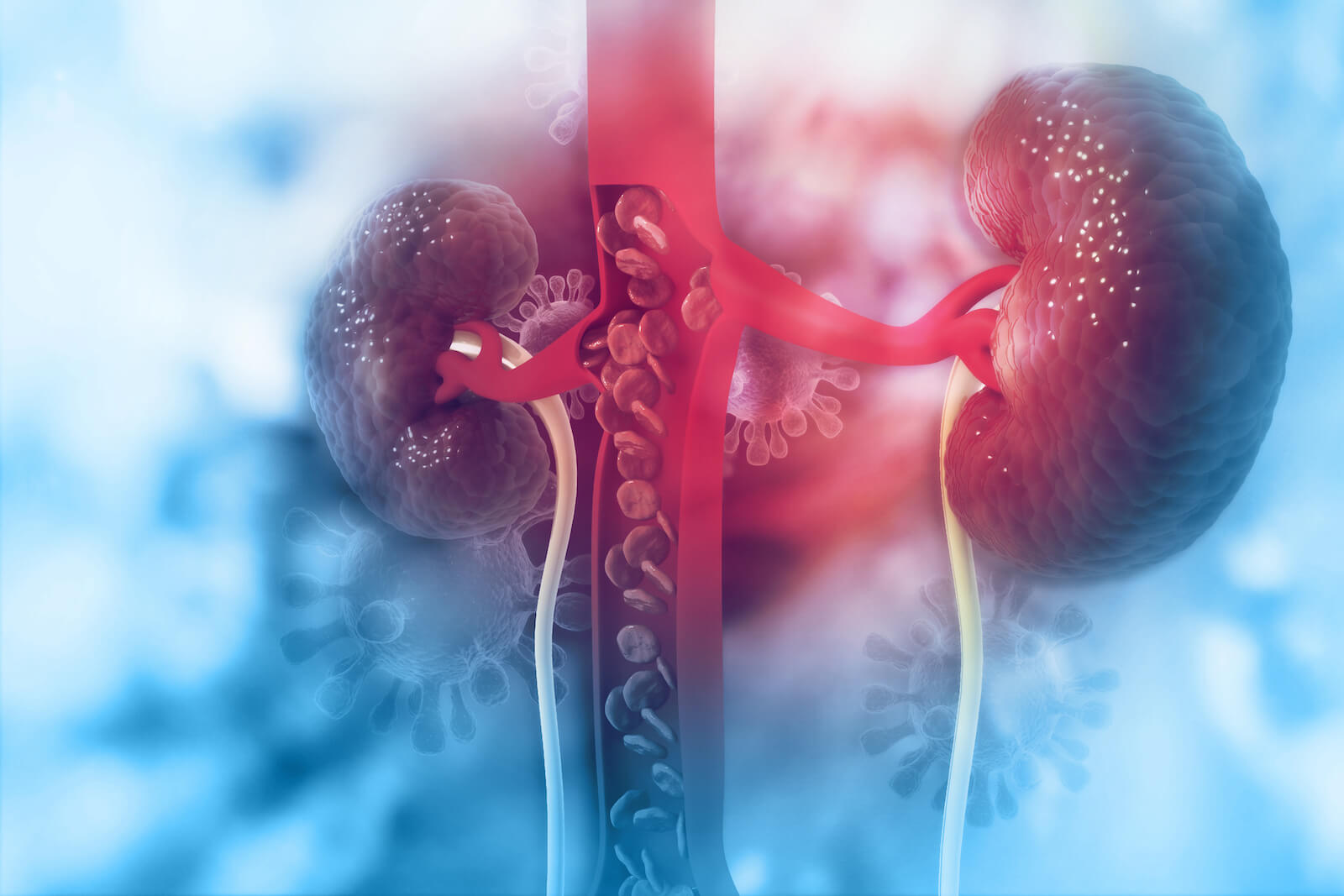Cardio CT scans are used to examine the coronary arteries, either as a preventive measure or to detect many unclear cardiological symptoms.
To detect atherosclerosis in the coronary arteries at an early stage with high accuracy, allowing the timely initiation of targeted therapy to prevent heart attacks.
Coronary artery disease affects many people and in many cases the first sign of the disease is acute myocardial infarction or sudden cardiac death. Unfortunately, the widely used exercise ECG in our country does not reliably predict these abnormalities, but coronary CT scanning is an excellent tool for imaging and assessing fat and calcium-containing plaques deposited in the inner walls of blood vessels. These deposits cause vasoconstriction and consequently a reduction in blood supply to the myocardium, a lack of oxygen and, in severe cases, its death. Because deposits can develop unnoticed for decades, even without warning symptoms, early detection can increase the chance of survival.
Before a coronary CT scan, we recommend a specialist cardiology examination, as it is only performed on the advice of a specialist.

The test is necessary if the patient
The use of iodinated contrast media and compliance with the instructions below are essential for coronary CT scanning:
If the patient has limited renal function and/or is sensitive to contrast media, their use should be avoided if appropriate. Therefore, a renal function laboratory test is recommended up to one week before the test. The specialist will decide whether to perform a native study with contrast or without it, taking into account the risks. The latter is less effective but free from the risk of contrast media.
The CT scan is painless. Blood pressure and pulse are taken first before the scan. To achieve an optimal pulse, pre-treatment with medication (beta blockers) for a short period of time is needed, and vasodilator medication is also used. The test is performed with the ECG electrodes placed on the chest, in the supine position, with breathing instructions. An iodine contrast agent will be injected to check the condition of the heart and the coronary arteries surrounding the heart, the thickness of the vessel walls, any deposits in the blood vessels, for which a vein will be provided in the arm. The CT scanner takes images in slices smaller than millimetres while the heart is working, so it is important to follow the instructions given and to remain still.
The drugs used can lead to low blood pressure, which can manifest as dull headaches and dizziness. Do not worry, these symptoms will subside and disappear within a few minutes.
Once the results of the test are known, the cardiologist can decide on medication or other therapy.

Make an appointment for a coronary CT scan with the excellent specialists at Wáberer Medical Center, or call us at +36-1-323-7000 to have your scan done at our well-equipped clinic in Buda without a long wait.